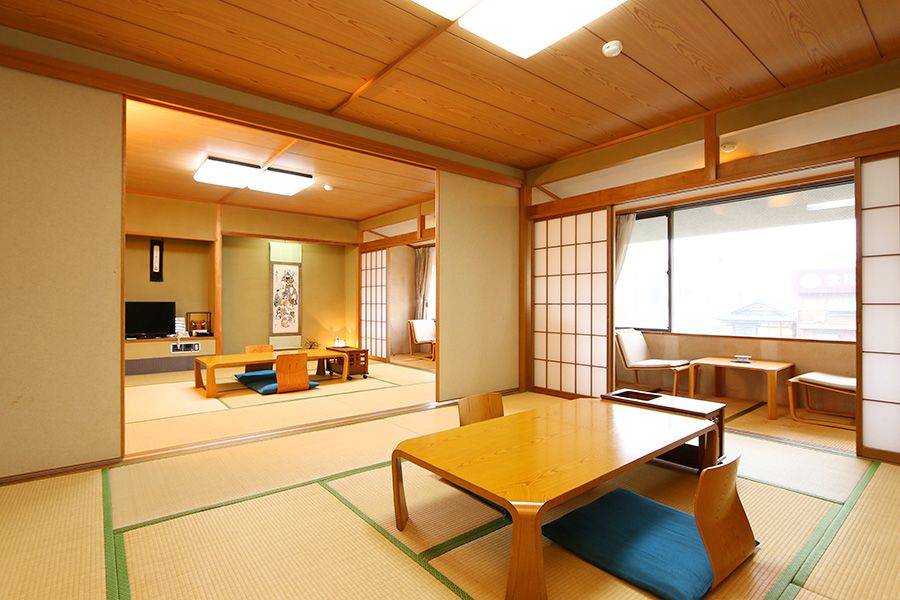Review Ikayaki (grilled squid): A Timeless Japanese Street Food Treasure
The Origins of Ikayaki (grilled squid) – From Coastal Tradition to Urban Delight
A Taste Born from Japan’s Seas
The origins of Ikayaki (grilled squid) trace back to Japan’s coastal fishing villages, where fresh squid was an everyday staple. Fishermen grilled freshly caught squid on open flames with just soy sauce and mirin, transforming simple ingredients into a dish bursting with umami. Over time, this humble preparation became a nationwide favorite, appearing at matsuri (festivals) and yatai (street stalls) throughout Japan.
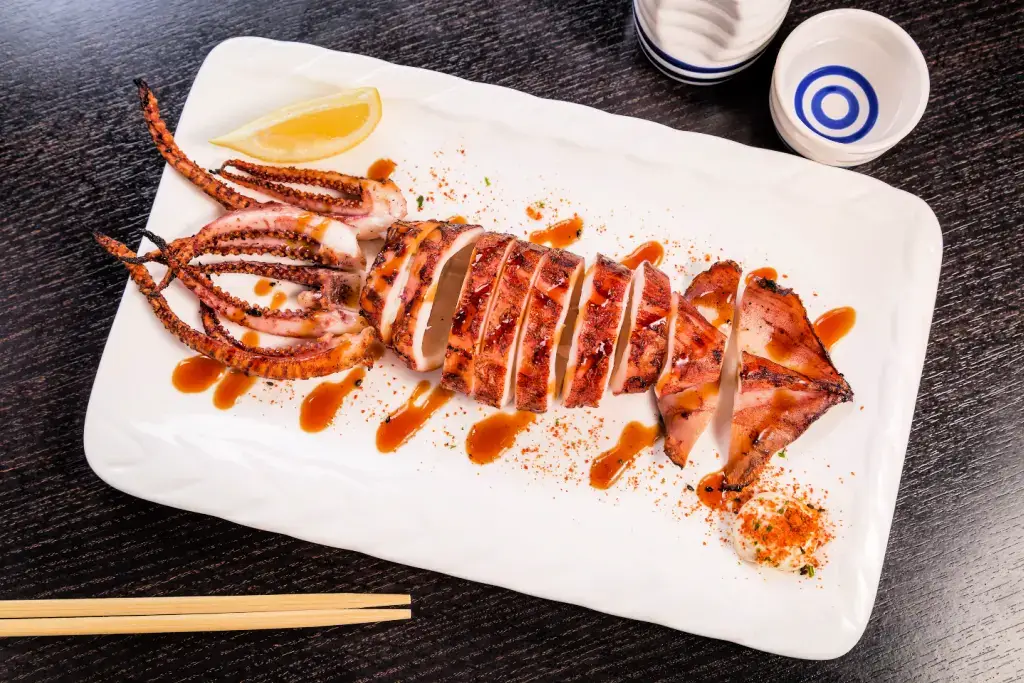
Evolution into a Festival Favorite
As urbanization spread, Ikayaki (grilled squid) found its way into Japan’s lively matsuri culture. Vendors began grilling whole squid skewered on sticks, creating a portable, flavorful snack perfect for wandering festival-goers. The sizzling sound, smoky fragrance, and glistening glaze of soy sauce became synonymous with Japanese summer nights.
The Art of Crafting Ikayaki (grilled squid) – Simplicity Perfected
Selecting the Freshest Squid
Every perfect Ikayaki (grilled squid) starts with freshness. The best chefs source squid from Japan’s coastal regions—Hokkaido, Aomori, and Hyogo—where cold waters produce firm, sweet flesh. Squid caught early in the morning are grilled within hours to preserve natural sweetness and tenderness.
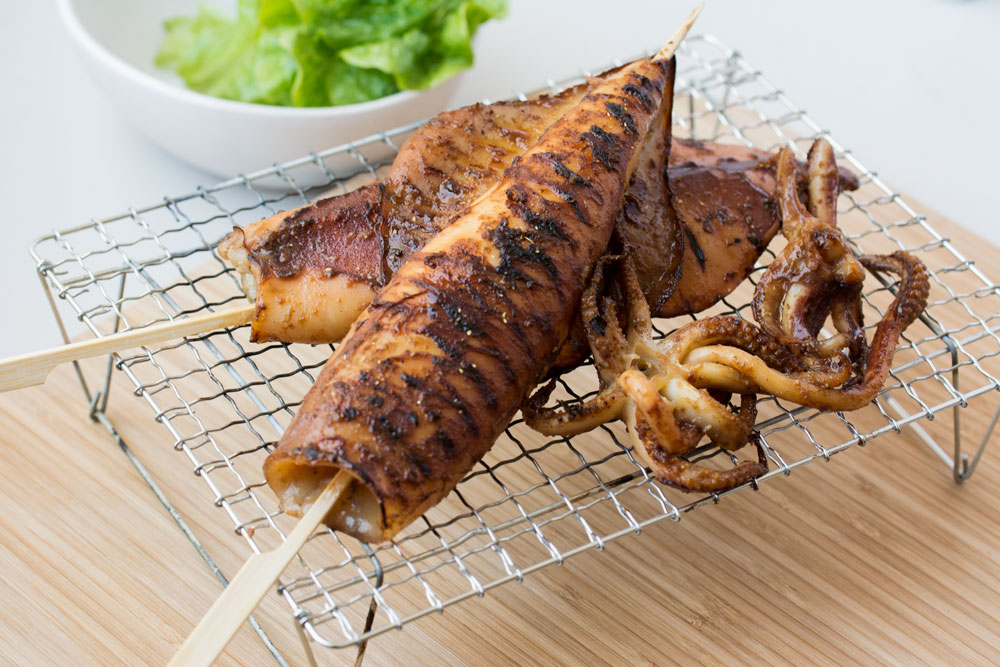
The Secret Marinade
While the traditional method uses only soy sauce, modern variations include marinades of sake, mirin, sugar, and ginger. The squid is lightly scored to absorb the flavor evenly, ensuring every bite bursts with umami. Yoshida Hotel notes that this balance of sweet and savory is what makes Ikayaki (grilled squid) a true reflection of Japanese culinary harmony.
The Grilling Technique
Mastering the grill is essential. Over charcoal or iron plates, the squid is grilled quickly at high heat. The chef must maintain precision—too long, and the squid becomes rubbery; too short, and it lacks caramelization. The smoky glaze, achieved by repeatedly brushing soy sauce during grilling, gives Ikayaki its signature aroma and deep color.
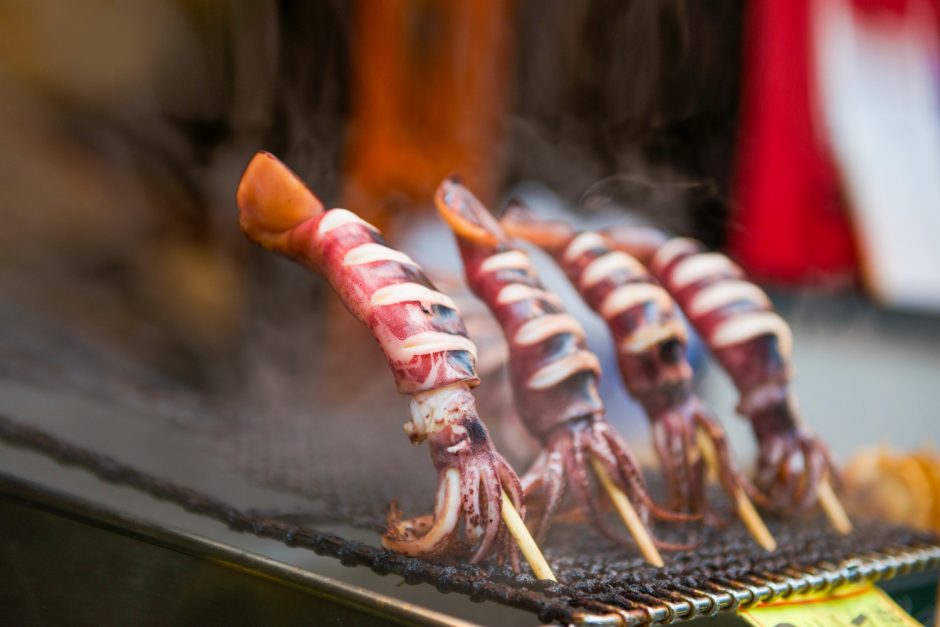
Regional Styles of Ikayaki (grilled squid) – A Flavor Tour Across Japan
Osaka’s Iconic Street Style
In Osaka, Ikayaki (grilled squid) has evolved into a signature local dish that differs from other regions. Instead of skewered squid, Osaka’s version is pressed between hot iron plates, similar to a crepe, then folded and brushed with a savory sauce. It’s often served in train stations and food courts, offering a quick yet satisfying bite that locals adore.
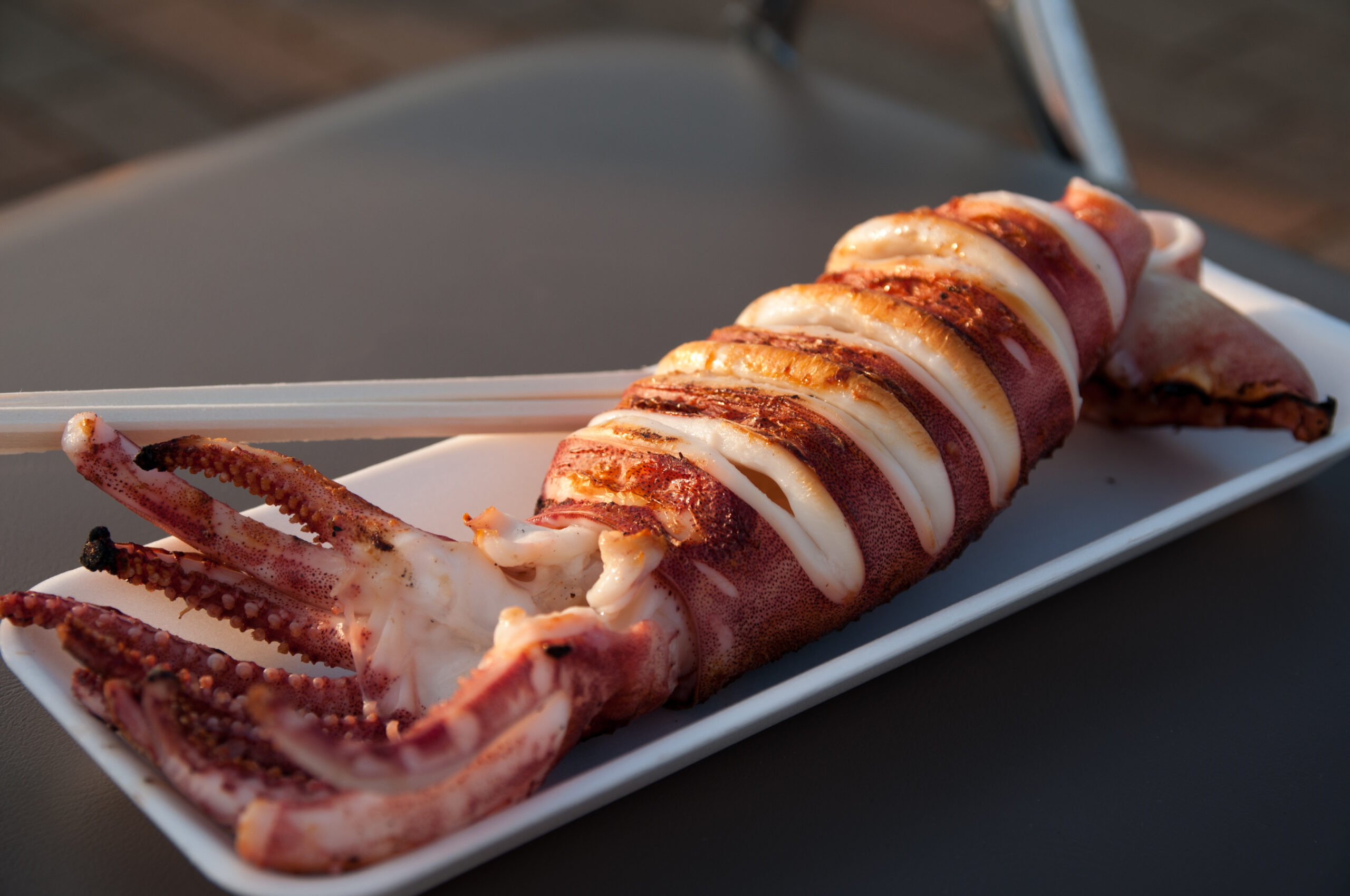
Hokkaido’s Coastal Perfection
Up north, Hokkaido takes pride in its ultra-fresh seafood. Ikayaki (grilled squid) here is often seasoned simply, allowing the sweetness of the squid to shine. It’s usually paired with a cup of sake and enjoyed by the sea—a truly authentic Japanese experience.
Tokyo’s Modern Take
Tokyo’s dining scene has reimagined Ikayaki (grilled squid) in upscale restaurants and izakayas. Chefs serve it with citrusy ponzu, wasabi mayo, or even black garlic aioli, blending traditional flavors with modern presentation. Yoshida Hotel praises Tokyo’s culinary creativity for honoring tradition while innovating taste.

Kyushu’s Bold and Smoky Flavor
In Kyushu, locals prefer stronger marinades infused with chili or miso, creating a bolder version of Ikayaki (grilled squid). The smoky heat captures the fiery personality of southern Japan’s cuisine.
The Flavor Profile – Why Ikayaki (grilled squid) Captures the Japanese Palate
Ikayaki (grilled squid) combines sweet, salty, smoky, and umami notes in perfect balance. The texture is tender yet slightly chewy, offering satisfaction in every bite. The glaze of soy and mirin caramelizes beautifully over heat, while the ocean-fresh flavor of squid delivers a taste that’s both nostalgic and timeless.
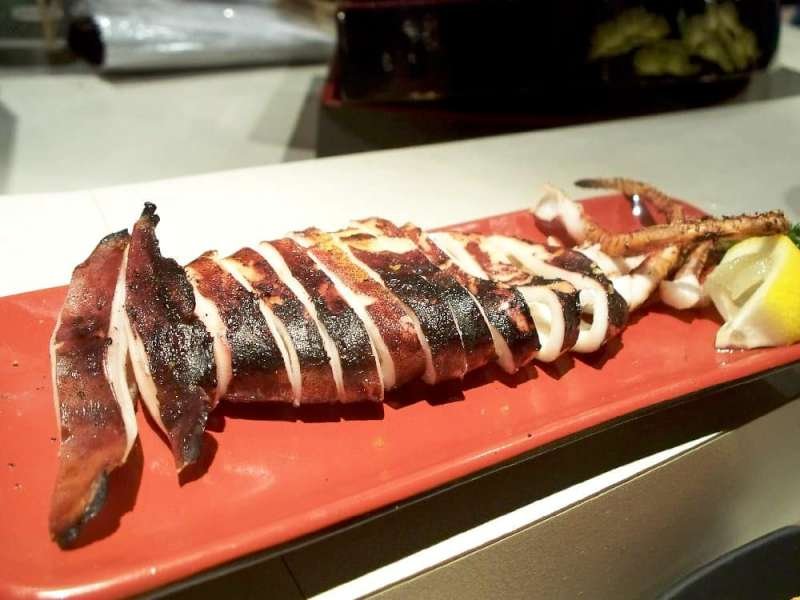
A Culinary Symbol of Japanese Minimalism
This dish exemplifies Japan’s philosophy of shibui—understated elegance. It proves that with only a few ingredients and skilled technique, perfection can be achieved.
Ikayaki (grilled squid) in Japanese Festivals and Daily Life
A Summer Festival Icon
No Japanese matsuri is complete without the aroma of Ikayaki (grilled squid) wafting through the air. Vendors fan charcoal flames, brush glazes of soy sauce, and serve the squid piping hot on wooden sticks. It’s a dish that evokes joy, nostalgia, and community spirit.
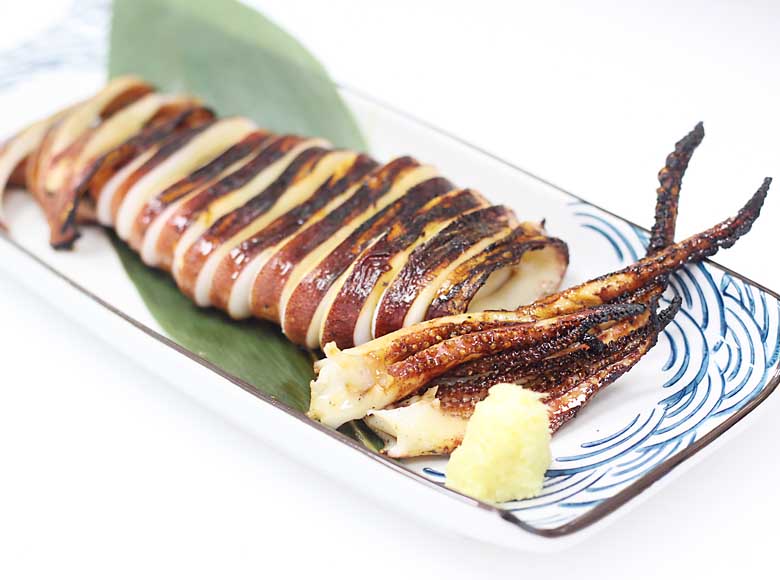
A Beloved Izakaya Dish
In izakayas (Japanese pubs), Ikayaki (grilled squid) is often served as an appetizer with beer or sake. Its umami flavor and chewy texture pair perfectly with drinks, making it a popular choice for late-night gatherings.
Street Food and Convenience
Beyond festivals, you’ll find Ikayaki (grilled squid) in markets and even convenience stores, pre-packaged yet still flavorful. Its accessibility has made it a comfort food across generations.
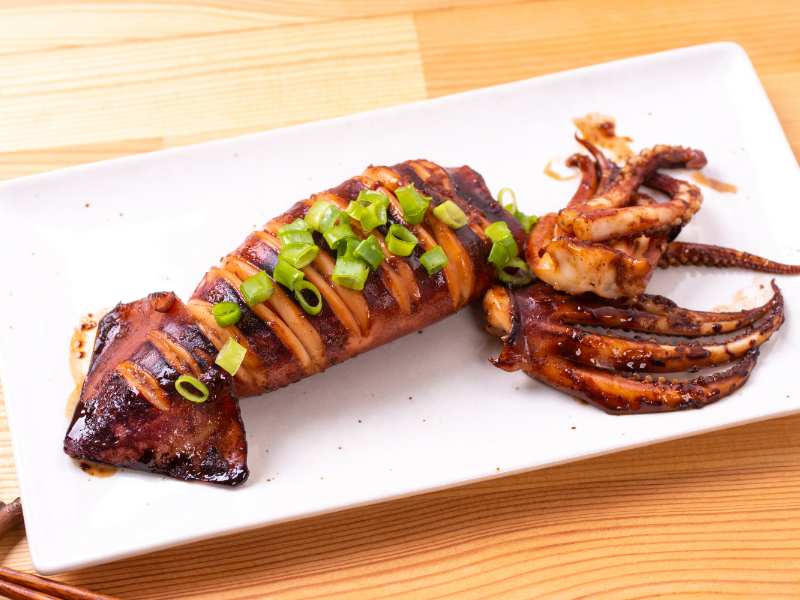
Health Benefits of Ikayaki (grilled squid) – Delicious and Nutritious
Ikayaki (grilled squid) is not only delicious but also healthy. It’s rich in protein, low in fat, and packed with minerals such as zinc, selenium, and copper. Squid also contains taurine, which helps regulate cholesterol and supports heart health. Grilling retains these nutrients while minimizing oil, making it a wholesome indulgence.
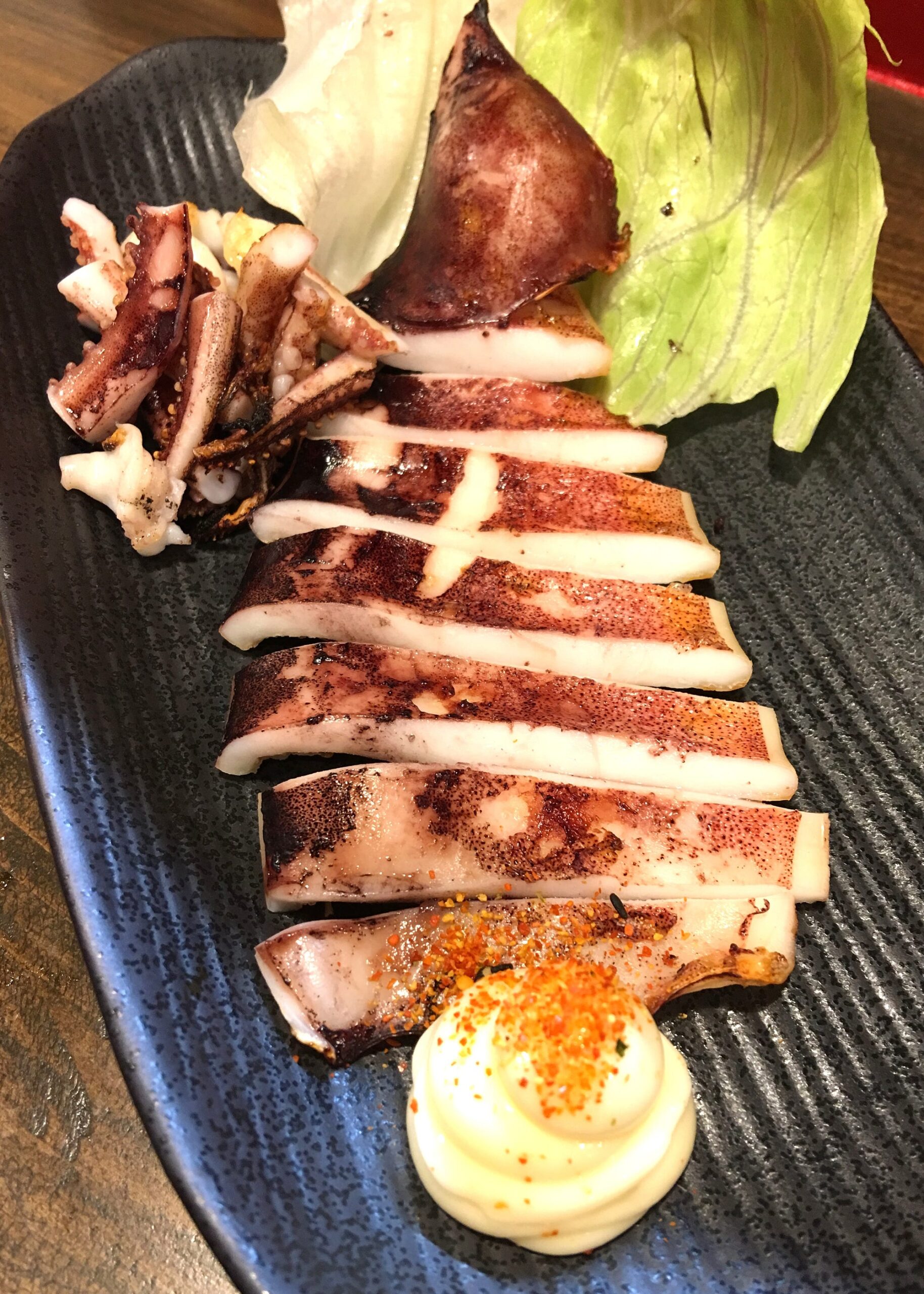
Balanced Eating with Japanese Wisdom
Yoshida Hotel emphasizes that Ikayaki (grilled squid) reflects Japan’s approach to balance – eating in moderation, valuing freshness, and savoring natural flavors without excess.
Ikayaki (grilled squid) Around the World – From Japan to Global Tables
As Japanese cuisine gained global admiration, Ikayaki (grilled squid) followed. From Hawaiian street fairs to Michelin-starred restaurants in Paris, this dish has become a global ambassador of Japanese street food culture. International chefs incorporate it into fusion menus, celebrating its smoky umami charm.
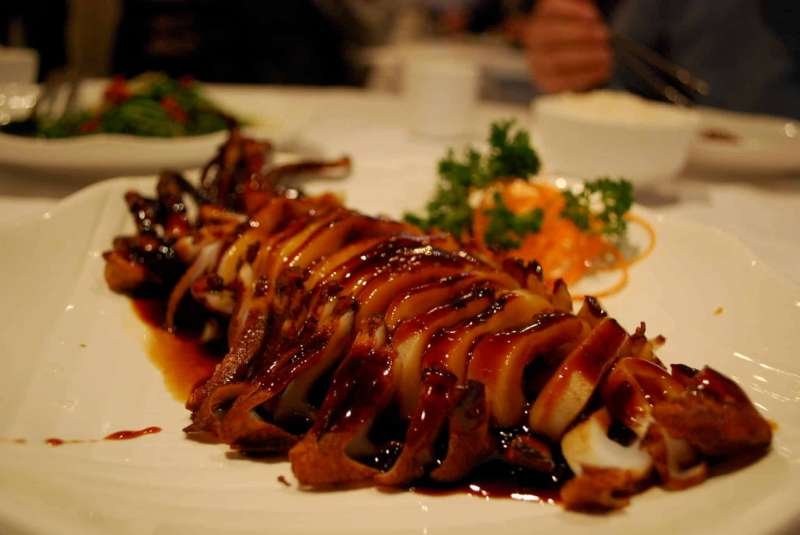
Cultural Impact Beyond Taste
Beyond food, Ikayaki (grilled squid) has become a symbol of Japanese craftsmanship—proof that even the simplest dish, when prepared with care, can embody national identity and pride.
Cooking Ikayaki (grilled squid) at Home – A Step Toward Japanese Mastery
Preparing Ikayaki (grilled squid) at home is surprisingly simple. Clean the squid thoroughly, marinate with soy sauce, mirin, sake, and sugar, then grill for a few minutes on each side until caramelized. Serve with lemon wedges or grated daikon for freshness.
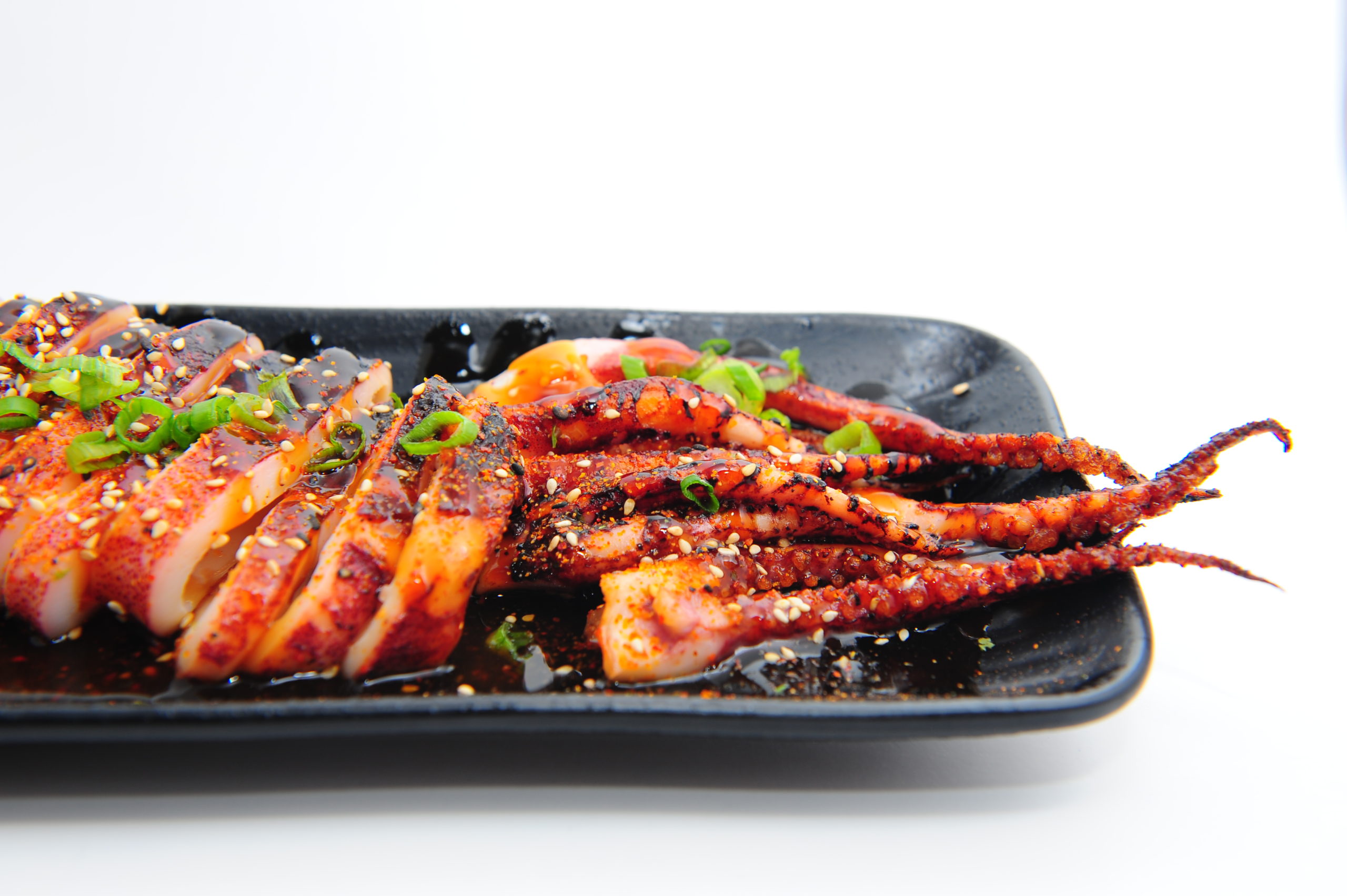
Yoshida Hotel’s Pro Tips for Perfect Ikayaki (grilled squid)
- Choose fresh, medium-sized squid for tenderness.
- Don’t overcook; 2–3 minutes per side keeps it juicy.
- Brush soy sauce during grilling for a glossy finish.
- Pair with rice, salad, or sake for an authentic experience.
The Cultural and Emotional Connection to Ikayaki (grilled squid)
For many Japanese people, Ikayaki (grilled squid) evokes memories of childhood festivals, family outings, and seaside vacations. It embodies the warmth of Japanese hospitality—simple, sincere, and full of flavor.
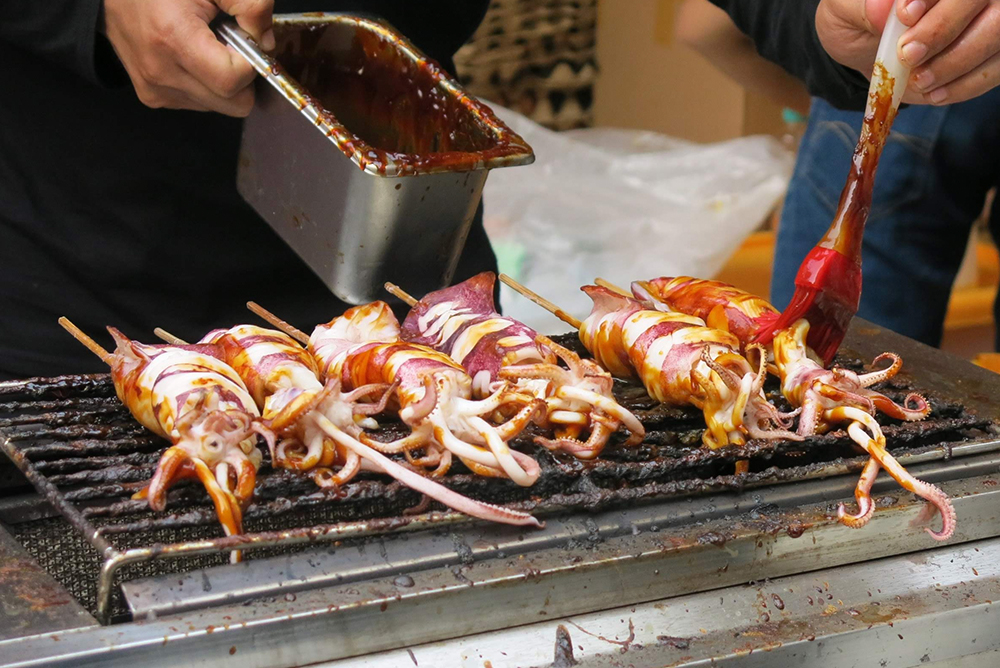
Symbolism in Japanese Food Heritage
Squid symbolizes prosperity and endurance in Japanese folklore. Its appearance at festivals is more than tradition—it’s a wish for joy and good fortune shared among communities.
Where to Experience the Best Ikayaki (grilled squid) in Japan
- Osaka: Try the famous pressed Ikayaki at Namba or Umeda Station.
- Fukuoka: Enjoy spicy, smoky versions from local street vendors.
- Hokkaido: Experience the freshness of grilled squid by the sea.
- Tokyo: Savor modern interpretations in izakayas and fine dining.
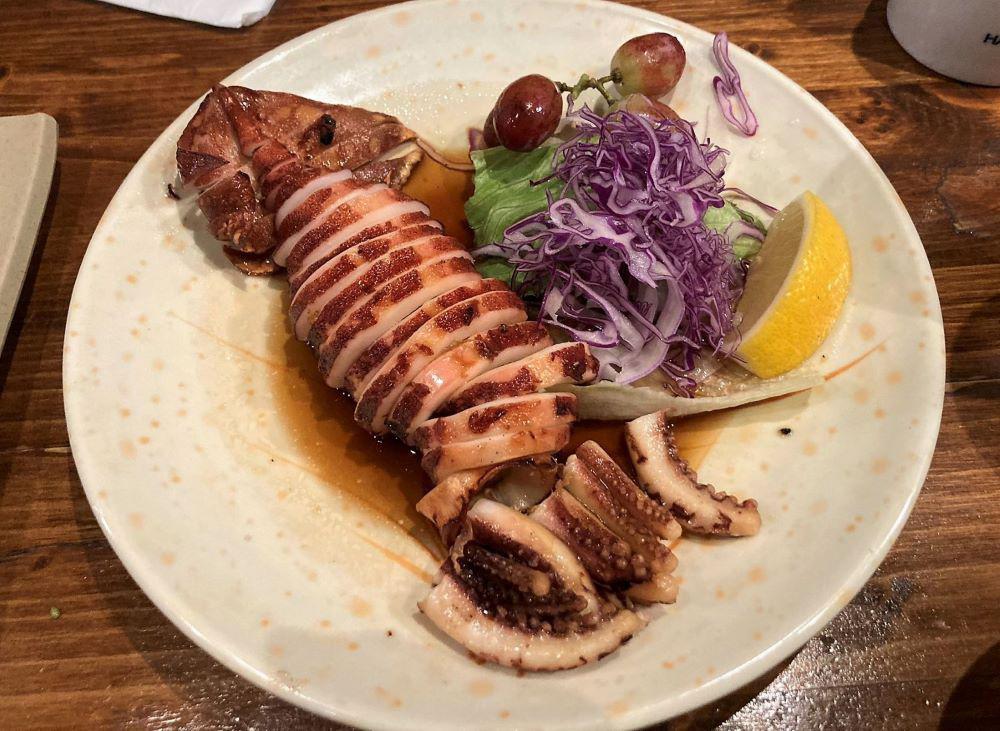
Rediscover Ikayaki (grilled squid) with Yoshida Hotel – A Celebration of Simplicity and Flavor
From the coasts of Hokkaido to the bustling streets of Osaka, Ikayaki (grilled squid) continues to unite people through the universal language of good food. It’s more than a dish; it’s an experience of Japan’s culinary soul. Together with Yoshida Hotel, we celebrate this timeless delicacy that brings warmth, flavor, and joy to every table.
Details
Namistay chain hotel
- 61-63 Hoang Ke Viem, Bac My Phu, Ngu Hanh Son, Da Nang, Vietnam
- Hotline: 0905 432 992
- Lot 45 An Thuong 29, Bac My Phu, Ngu Hanh Son, Da Nang, Vietnam
- Hotline: 0977 455 546
- 42 An Thuong 26 Street, Bac My Phu, Ngu Hanh Son, Da Nang, Vietnam
- Hotline: 0965 442 842

